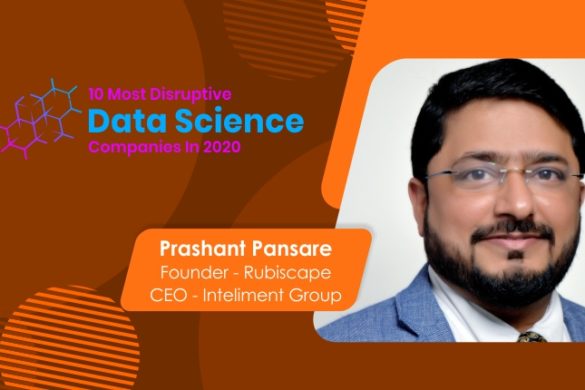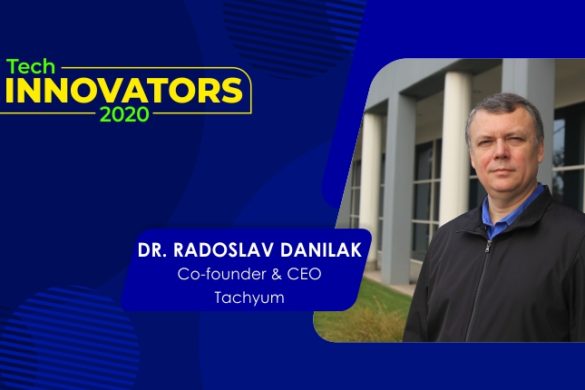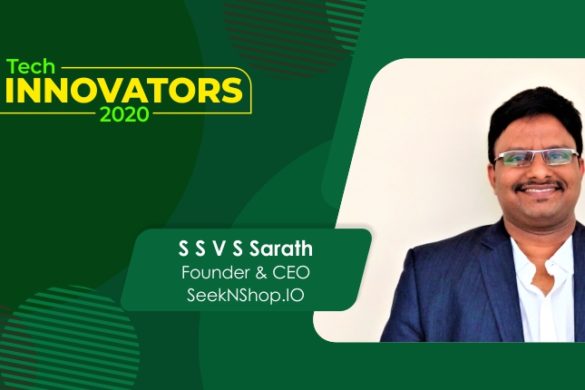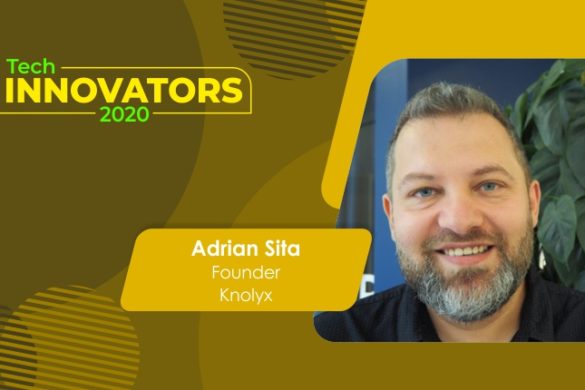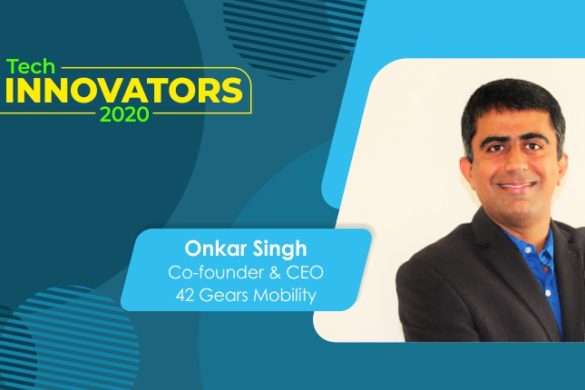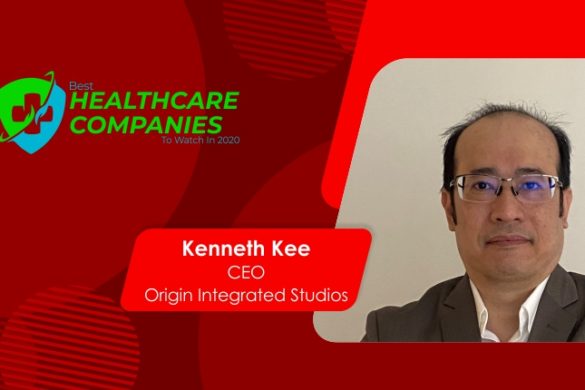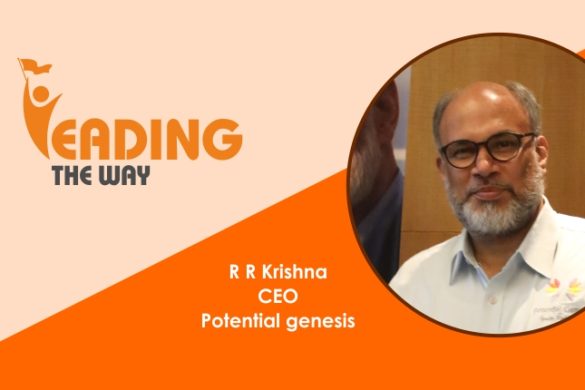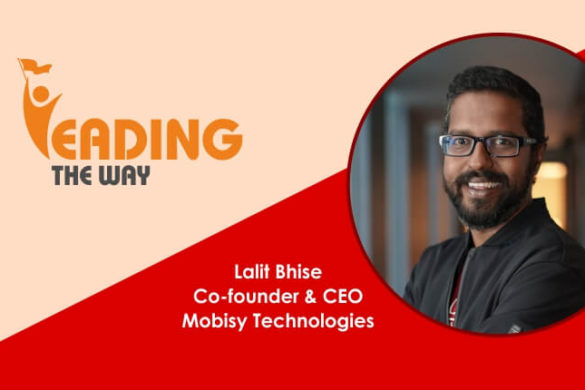The world of technology is constantly evolving, and with it, the ways we interact with our devices. From the introduction of touchscreens to voice assistants, we've seen an influx of new technologies that aim to make our lives easier and more connected. One of the latest innovations in this space is RF (Radio Frequency) Microwaves, a type of electromagnetic radiation that fall within the microwave frequency range commonly used in a wide range of applications, such as communication systems, radar, and microwave ovens. RF Microwaves can easily pass through various materials, including walls, clothing, and even human tissue. This property makes them useful in medical applications, such as imaging and therapy, as well as in security and surveillance systems. In this article, we focus on a particular application of RF microwave, namely blood glucose monitoring.
Afon Technology, a UK-based start-up, is using low power RF Microwaves in its mission to revolutionize the way blood glucose monitoring is done. Led by an experienced CEO Sabih Chaudhry, the company is developing a game changing wearable non-invasive blood glucose monitoring device that could change the lives of millions of people with diabetes worldwide.
Diabetes is a global epidemic with over 537 million people worldwide living with the condition, and this number is only increasing. In the UK alone, the NHS spends around £10 billion a year on diabetes, and in India, there are an estimated 74 million people above the age of 18 years suffering from diabetes, making it the second-largest diabetic population in the world. The numbers illustrate just how huge a problem diabetes is, and Afon Technology is determined to make a difference.
The team at Afon Technology comprises like-minded individuals who not only think outside the box but also have come from industry and understand the requirements to deliver a product for real-world application. The company's focus has always been on commercializing their technology, and they have a product that can detect blood glucose in a non-invasive way, setting them apart from other companies that have tried and failed to solve this.
The CEO of Afon Technology, who has a background in telecommunications, understands the importance of innovation in tackling complex challenges. He has built an innovation lab where the team can come up with solutions and make them a reality. Innovation for the team means tackling the most complex challenges, coming up with solutions, and making them practical for everyday use. As important as innovation is, Sabih Chaudhry also believes its important to kill the innovation quickly if it doesn't work and move on to the next idea. The team at Afon Technology understand that and keep finding new ways to tackle the challenges they face until they reach a solution. Others have tried and failed to solve this same problem.
Being a start-up, Afon Technology has the advantage of being agile and can move quickly without the red tape of a large organization. The team's collaborative approach ensures that everyone's input is considered, and no idea is too small. The company's focus on commercialization means that they are not just developing a product for the sake of it, but they are developing a product that will help millions of people with diabetes self-manage their condition, taking the pressure off healthcare organizations.
Afon Technology was founded in 2015, and since then, the company has been working relentlessly to develop a non-invasive blood glucose monitoring device. Currently, all continuous glucose monitors on the market are invasive, or minimally invasive at best, and often very expensive. Afon Technology's challenge is twofold: to get the technology to work in a real-life environment and to get the investment to see them through to commercialization.
In conclusion, Afon Technology is on a mission to change the lives of millions of people with diabetes worldwide. With their non-invasive blood glucose monitoring device, the company is tackling one of the biggest challenges of blood glucose monitoring. The team's collaborative approach, innovative thinking, and focus on commercialization mean that they are well on their way to achieving their goal. The device has the potential to be a game-changer in diabetes management and could help millions of people worldwide self-manage their condition, taking the pressure off healthcare organizations.



